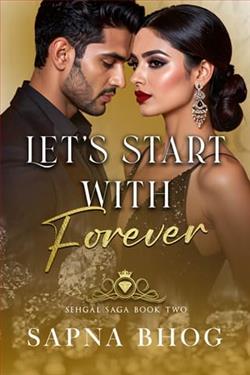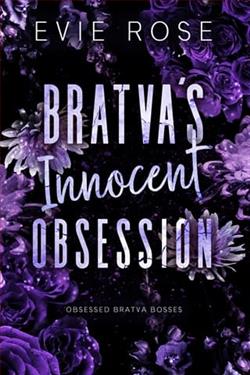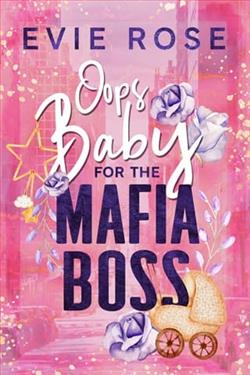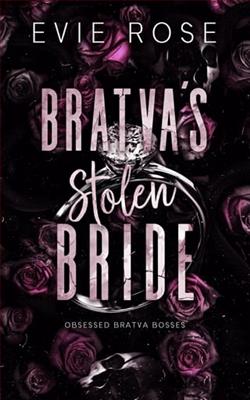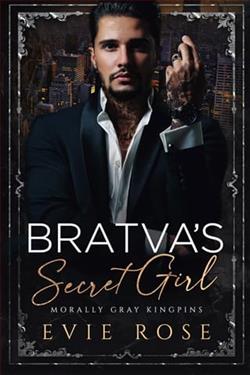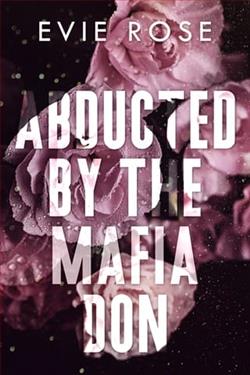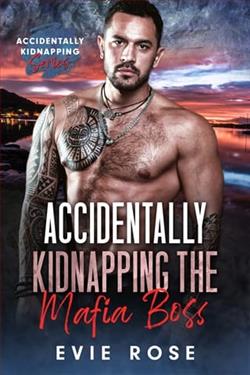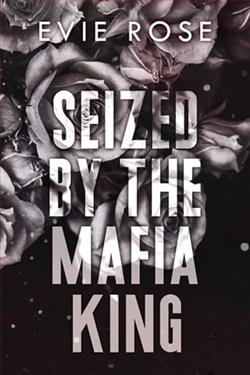Page 51 of The Lightkeeper
I smiled back and folded my arms; the way his gaze dropped hungrily to my chest sent a warm burst into my stomach.
“Even the brave were once afraid,” I replied wryly, the words ingrained in my mind for decades now. “I’d run screaming into Dad’s room, my blanket over my head. He’d get out of bed and we’d hide out in the hallway, away from the windows. But there, he’d explain the storms to me.”
“Explain them?”
I nodded and chuckled. “My dad’s just like me—or I guess I should say I’m just like him. Stories and fairytales weren’t going to cut it as a distraction.”
“No, I don’t imagine they would.” Kit’s gaze caught mine, making my breath hitch.
“He’d tell me that when warm, wet air rises and meets cold air, it creates atmospheric instability. Two different breeds of air colliding in the same space. The warm moisture condenses and creates the cumulonimbus clouds and the perfect environment for a… storm,” I said, my voice turning husky thinking about how the lighthouse had created a similar environment for the two of us to collide. Clearing my throat, I went on, “The next storm, he told meabout things like lifting mechanisms. After that, upward and downward drafts. And then electrical activity, and so on.”
“After all that, you didn’t become a meteorologist?”
I beamed. “No, I like living creatures too much for that.” I shook my head, a strand of curls loosening from my headband. “But,after all that, I wasn’t afraid of the storms anymore.”
Kit hummed, and then I felt the brush of his finger along my cheek, the touch taking the bit of hair back and tucking it behind my ear. My stomach did a little flip. It was these little gestures that muddled things—that made the result of ourexperimentsmurky.
“It’s easy to fear what we don’t know,” I said and angled toward him. “So, when you understand why something is happening. The reason. The mechanism. The purpose. It’s hard to be afraid of it anymore.”
His eyes narrowed almost imperceptibly. “I guess I’m lucky I was never afraid of storms then.”
My lips parted, and I repeated his words back to him softly, “Not these ones.”
His nostrils flared as his arm fell to his side, and he strode back to the back of the room. To the rest of the world, he appeared standoffish, solitary, and gruff. But after weeks observing him—learning bits and pieces about him—I understood. Or was starting to.He didn’t pull back because he was angry or annoyed; he pulled away because he was wounded, retreating like an injured whelk back to his shell.
“Has there been interest in the two drawings?” I called over my shoulder, changing the subject.
“According to Lou.”
I figured there had to be since Kit had done another inked piece; the portrait of the green sea urchin was what we’d brought over today to add to the collection.
“A lot of interest?” I probed, knowing Kit might hold back, but he wouldn’t lie.
“Enough,” he replied cryptically.
“You should draw Stuart.”
“The three-legged sea star?”
“Are you judging him?” I teased and popped an eyebrow up.
“No. I’m just saying maybe he doesn’t want to be drawn. Maybe he’s… vulnerable.” Out of all my specimens, Kit checked on my rescued sea star the most. “Are you sure his legs are even going to grow back? They don’t look like they’re doing anything.”
I feigned a gasp. “Of course, they’re doing something. He lost two legs. Cut him some slack,” I teased, sliding my gaze to him and adding, “There’s a lot of healing that has to happen behind the scenes before noticeable changes happen.”
Kit hummed.
“Even sea stars heal from the inside out.”
Our eyes collided for a moment before he straightened and went back to the desk.
I’d gotten too close to… something. So, I retreated back to the gallery exhibit. “I think the show is going to be wonderful. For your work. And Lou.”
“We’ll see.”
I walked over to him. “What are you worried about?”
“Nothing,” he said quickly—too quickly. “I just don’t like crowds.”








